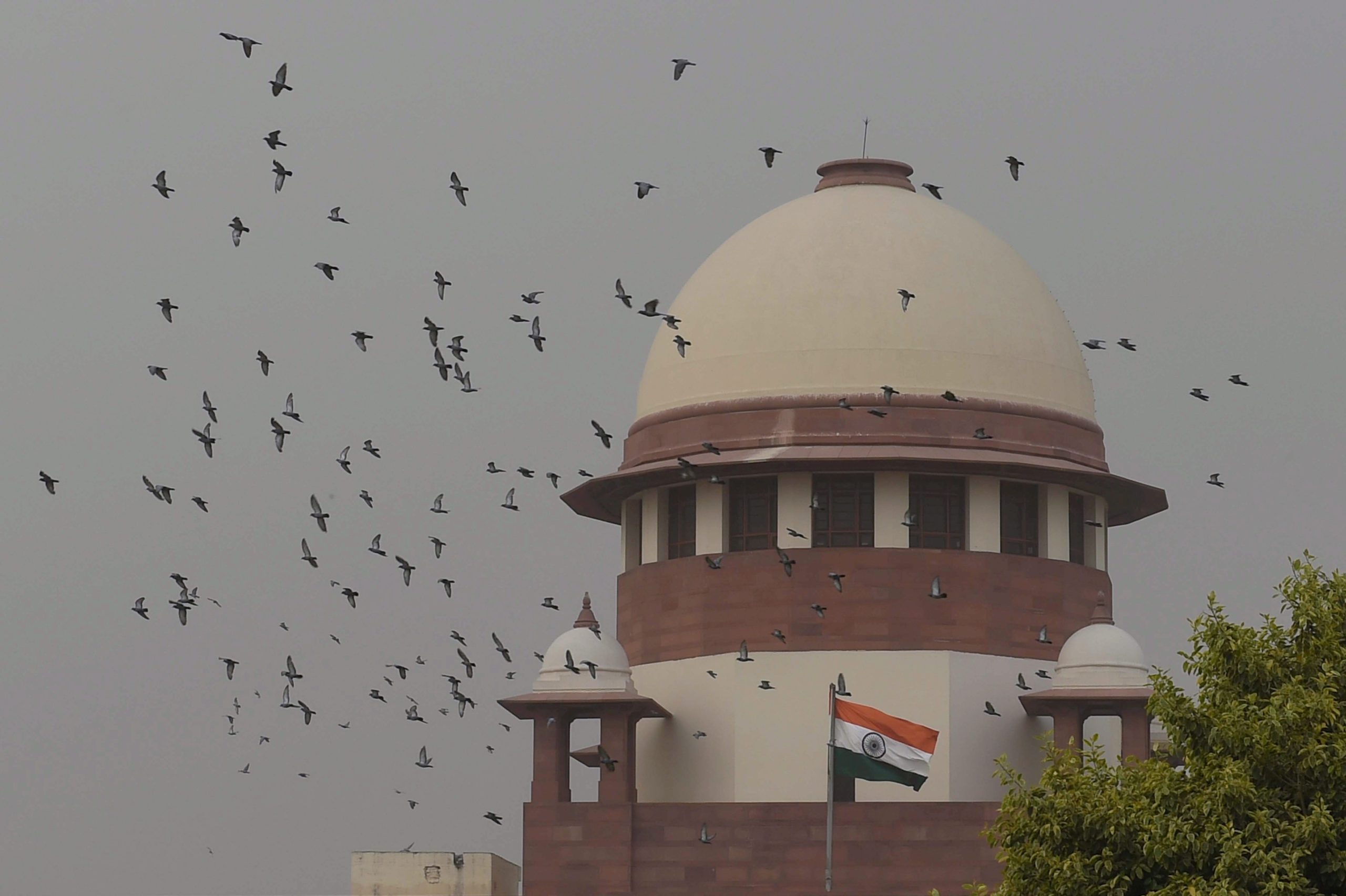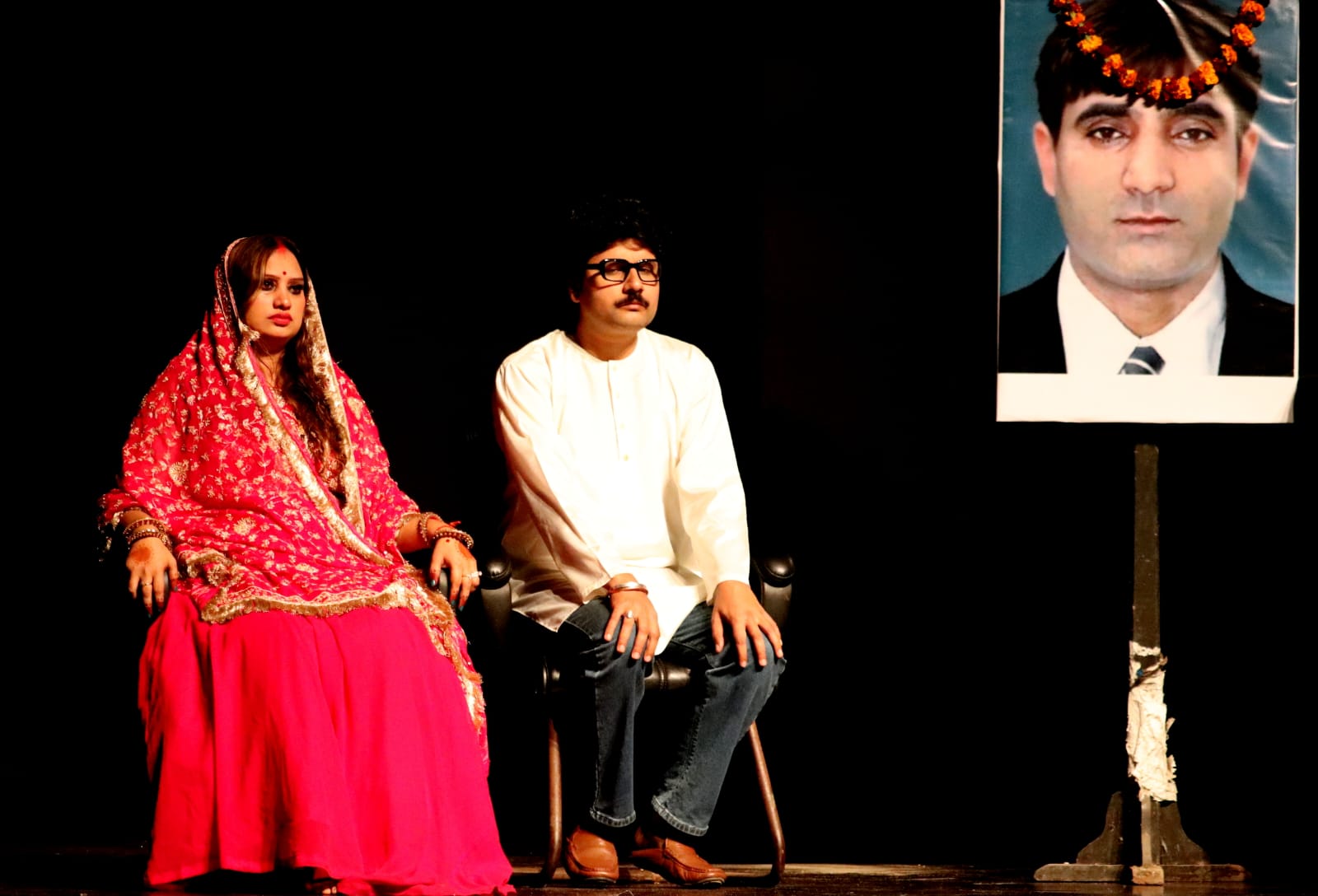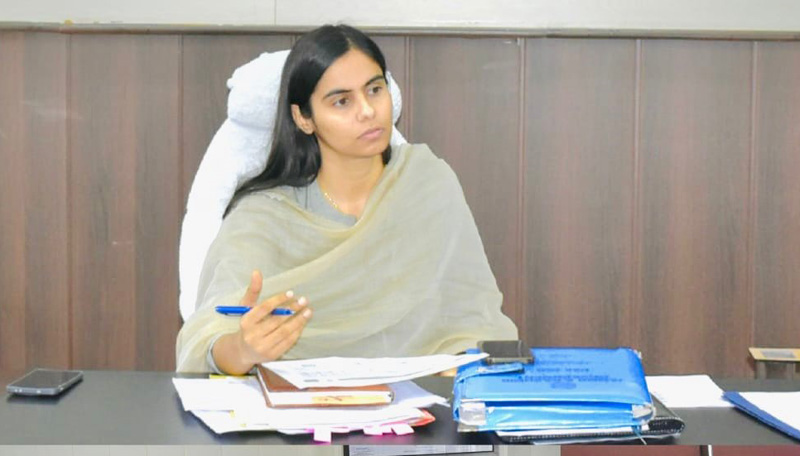New Delhi: The Supreme Court on Thursday reserved its verdict after completing 10 days of hearings on a Presidential reference seeking clarity on whether constitutional courts can prescribe timelines for Governors and the President to assent to bills passed by state legislatures.
A Constitution Bench comprising Chief Justice B R Gavai and Justices Surya Kant, Vikram Nath, P S Narasimha, and A S Chandurkar, which began hearing the matter on August 19, reserved judgment after concluding arguments.
Attorney General R. Venkataramani, representing the Centre, wrapped up his submissions, following which Solicitor General Tushar Mehta also presented arguments opposing the stance of opposition-ruled states including Tamil Nadu, West Bengal, Kerala, Karnataka, Telangana, Punjab, and Himachal Pradesh.
The reference was made in May when President Droupadi Murmu invoked Article 143(1) of the Constitution, seeking the court’s opinion on whether judicial orders can impose timelines for the President’s discretion in assenting to state bills.
The move followed the Supreme Court’s April 8 ruling on the powers of Governors in dealing with bills passed by the Tamil Nadu government. In her five-page reference, President Murmu posed 14 questions regarding the scope of Articles 200 and 201, which govern the roles of Governors and the President in relation to state legislation.













